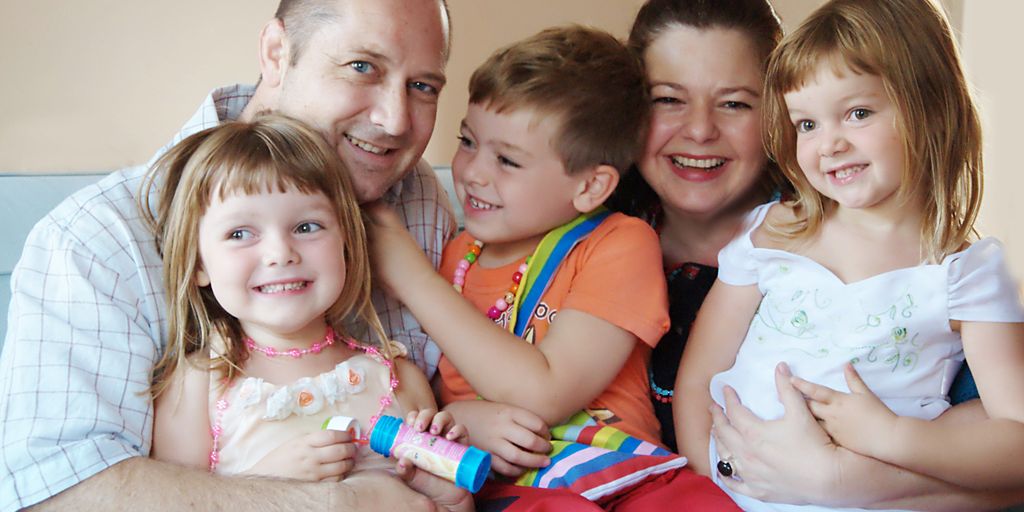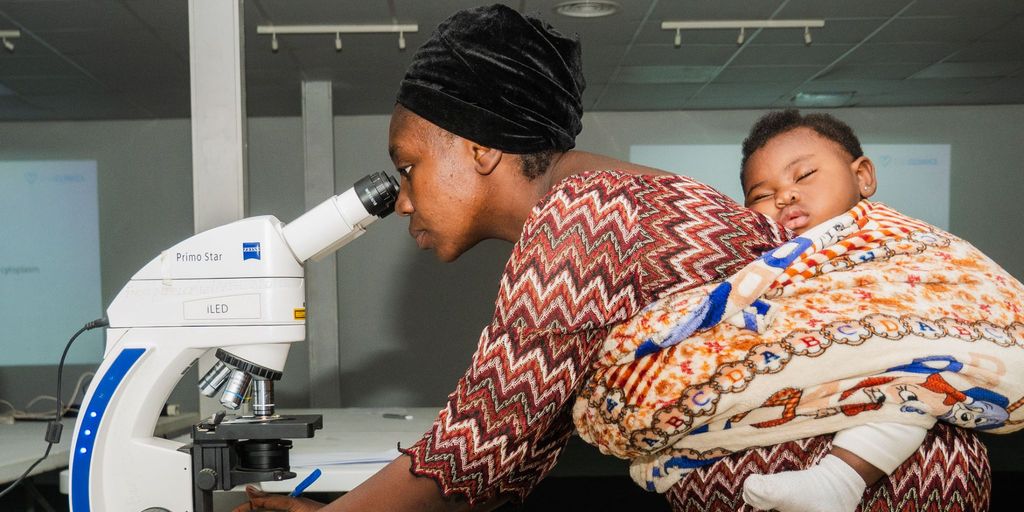
Play is so important that NAEYC has called it a central component in developmentally appropriate practice, and the United Nations High Commission on Human Rights declared it a fundamental right of every child. Play is not frivolous. It is not something to do after the “real work” is done. Play is the real work of childhood. Through it, children have their best chance for becoming whole, happy adults.
Key Takeaways
- Play is essential for cognitive, physical, social, and emotional development in children.
- Unstructured play is critical for fostering creativity, independence, and risk-taking in a safe environment.
- Parental involvement in play strengthens bonds and models positive behaviors.
- Modern challenges such as screen time, overscheduling, and lack of safe play spaces are reducing opportunities for play.
- Play allows children to explore and master their world, contributing to their overall well-being and brain development.
The Role of Play in Cognitive Development
Enhancing Problem-Solving Skills
Play is a powerful tool for cognitive development in young children. Through play, children explore the world around them, experiment with different ideas, and develop essential problem-solving skills. Play allows children to create and explore a world they can master, conquering their fears while practicing adult roles. This process helps them learn how to think abstractly and solve problems effectively.
Fostering Creativity and Imagination
Play allows children to use their creativity while developing their imagination, dexterity, and cognitive strength. Through imaginative play, children can experiment with different scenarios and outcomes, which fosters creativity and innovation. This type of play is crucial for healthy brain development and helps children develop a sense of mastery over their environment.
Improving Memory and Concentration
Engaging in play activities can significantly improve a child’s memory and concentration. When children play games that require them to remember rules or sequences, they are actively working on their memory skills. Additionally, play that involves focus and attention helps improve their concentration over time. This cognitive engagement is essential for their academic success in the future.
Play is essential to development because it contributes to the cognitive, physical, social, and emotional well-being of children and youth. Despite the benefits derived from play for both children and parents, time for free play has been markedly reduced for some children.
Physical Benefits of Play for Children
Developing Motor Skills
When children engage in play that strengthens the finger muscles, they develop fine motor control. Activities like building puzzles, stacking blocks, and pushing toy cars are excellent for this. Gross motor skills are also enhanced through activities like running, jumping, and climbing.
Promoting Physical Fitness
Play involving movement, such as tag, kickball, obstacle courses, and dance parties, leads to improvements in cardiovascular health, strength, and flexibility. Regularly engaging in physical activities during play is great training for eventual participation in organized sports and developing good habits that will carry into adulthood.
Encouraging Healthy Growth
Physical activity is good for children in many ways. Benefits include improved academic performance, brain health, muscular fitness, and heart and lung health. These activities promote overall well-being and encourage healthy growth patterns.
Play promotes healthy habits by actively engaging children in the world around them. This counteracts issues many children face today, such as childhood obesity.
Social Skills Gained Through Play
Building Communication Abilities
Through play, children learn to take turns, negotiate, cooperate, and resolve conflicts—skills essential for building relationships and developing empathy. Positively interacting with peers is an important life skill that is first learned during group play. They also learn respect for rules and the concept of fairness while following them.
Learning Cooperation and Teamwork
Group play is also important and can involve both structured and unstructured activities. Children learn cooperation, conflict resolution, and emotional self-regulation. During competitive activities, your child’s ability to build relationships is more important than winning.
Understanding Social Norms
Play allows children to experiment with different roles and see how they fit into various social situations. They learn how to interact with others, share and take turns, and resolve conflicts. This type of play helps children learn how to communicate, cooperate, and resolve conflicts.
Emotional Development Through Play
One of the most significant benefits of play is that it allows children to explore their feelings and emotions. Through play, they can act out different scenarios, experiment with new behaviors, and work through difficult emotions. This can be especially helpful for children struggling with emotional difficulties or who have experienced a traumatic event. Through play therapy, children learn to identify and label their emotions, which is the first step in developing emotional intelligence.
Play allows children to create and explore a world they can master, conquering their fears while practicing adult roles. This process helps them manage their emotions effectively. When parents observe their children in play or join with them in child-driven play, they are given a unique opportunity to see the world from their child’s vantage point. This shared experience can be a powerful tool for emotional growth.
Through play, children learn how to interact with others, share and take turns, and resolve conflicts. Playing with other children allows them to experiment with different roles and see how they fit into various social situations. This helps them develop empathy and understand the feelings of others. Pretend play, in particular, helps children learn how to solve problems, coordinate, cooperate, and think flexibly.
Play contributes to the full emotional development of the child. It is through play that children at a very early age engage and interact in the world around them.
The Impact of Unstructured Play

Encouraging Independence
Unstructured play is more about the journey than the destination. It allows children to explore new ideas and figure out how to solve problems independently. This type of play is crucial for children’s development, as it fosters self-competence and communication skills. Examples of indoor unstructured play include free play with toys, freestyle building with blocks, and playing house or restaurant. Outdoor activities like supervised swimming, building sandcastles, and hiking also fall under this category.
Stimulating Curiosity
Unstructured play doesn’t just benefit social-emotional development; it plays a vital role in cognitive development as well. During unstructured play, children are free to explore and engage their imagination. This freedom encourages them to be curious and to discover new interests and passions. Activities such as creative play, imaginative games, and exploring new spaces like backyards or parks are excellent for stimulating curiosity.
Allowing Risk-Taking in a Safe Environment
Unstructured play provides a safe environment for children to take risks and learn from their experiences. This type of play helps children build resilience and adaptability. Whether it’s climbing a tree, trying out a new game, or building a fort, unstructured play allows children to test their limits and develop confidence in their abilities.
Unstructured play is essential for holistic child development, offering numerous benefits that structured activities often cannot provide.
Parental Involvement in Play
Strengthening Parent-Child Bonds
When parents play with their children, it allows moms and dads to relive the joys of their childhood. Parents report playing as being recharging and refreshing. Parents who play with their children become more attentive to their child’s nonverbal behavior and develop a better understanding of a child’s sense of humor, creativity, and personality. Engaging in play improves communication skills between parents and their kids, and it promotes bonding. Playing also improves relationships among siblings.
Modeling Positive Behaviors
Parents’ participation influences children’s positive behavior, increases cognitive achievement, and affects emotional growth in young learners. Active involvement in play allows parents to model positive behaviors, such as sharing, empathy, and problem-solving. This modeling helps children learn and internalize these behaviors, which are crucial for their social and emotional development.
Creating Shared Memories
Playtime is an important part of childhood development and wellness. Parents play a direct role in encouraging play and providing opportunities for structured, unstructured, and group play. In doing so, we help our children develop important skills needed for success in adulthood.
At the end of the day, playtime is an important part of childhood development and wellness. Parents play a direct role in encouraging play and providing opportunities for structured, unstructured, and group play. In doing so, we help our children develop important skills needed for success in adulthood.
Challenges to Play in Modern Society
Screen Time and Digital Distractions
In today’s digital age, children are increasingly drawn to screens, whether it’s for educational purposes or entertainment. Excessive screen time can significantly reduce the amount of time children spend engaging in physical and imaginative play. This shift not only impacts their physical health but also their ability to explore and discover the world around them.
Overscheduled Lives
Many children today have schedules packed with academic and extracurricular activities, leaving little room for unstructured play. While these activities are beneficial, they can also contribute to a hurried, intense preparation for adulthood, depriving children of the natural benefits of play. It’s essential to strike a balance to ensure children have ample time for free play.
Lack of Safe Play Spaces
Not all children have access to safe environments where they can play freely. Economic disadvantages and unsafe neighborhoods can limit opportunities for child-directed play. Addressing these issues requires broad societal responses to ensure that all children have access to safe and enriching play environments.
Play is a cherished part of childhood that offers children important developmental benefits. However, multiple forces are interacting to effectively reduce many children’s ability to reap the benefits of play.
Conclusion
Play is not merely a leisure activity for children; it is a fundamental aspect of their development that should be actively encouraged. Recognized by institutions like the NAEYC and the United Nations High Commission on Human Rights, play is essential for fostering cognitive, physical, social, and emotional growth. It provides children with the opportunity to explore, create, and understand the world around them, thereby laying the foundation for becoming well-rounded, resilient, and happy adults. Despite the increasing pressures and structured environments that limit free play, it remains imperative for parents and educators to prioritize and facilitate playtime. By doing so, we open up a world of opportunities for children to learn, grow, and thrive. The benefits of play are boundless, making it an indispensable part of a child’s life and development.
Frequently Asked Questions
Why is play considered a fundamental right for every child?
The United Nations High Commission on Human Rights declared play a fundamental right of every child because it is essential for their cognitive, physical, social, and emotional well-being.
How does play contribute to a child’s cognitive development?
Play enhances problem-solving skills, fosters creativity and imagination, and improves memory and concentration, making it crucial for cognitive development.
What are the physical benefits of play for children?
Play helps in developing motor skills, promoting physical fitness, and encouraging healthy growth in children.
How does play affect a child’s social skills?
Through play, children build communication abilities, learn cooperation and teamwork, and understand social norms, which are essential for social development.
Why is unstructured play important for children?
Unstructured play encourages independence, stimulates curiosity, and allows risk-taking in a safe environment, which are vital for overall development.
How can parents support their child’s development through play?
Parents can support their child’s development by engaging in play, which strengthens parent-child bonds, models positive behaviors, and creates shared memories.






